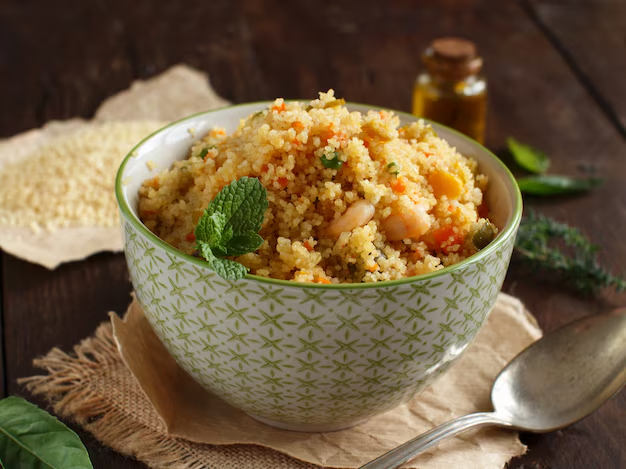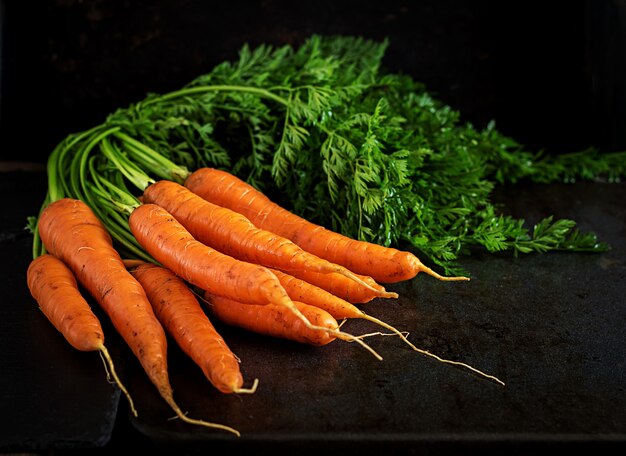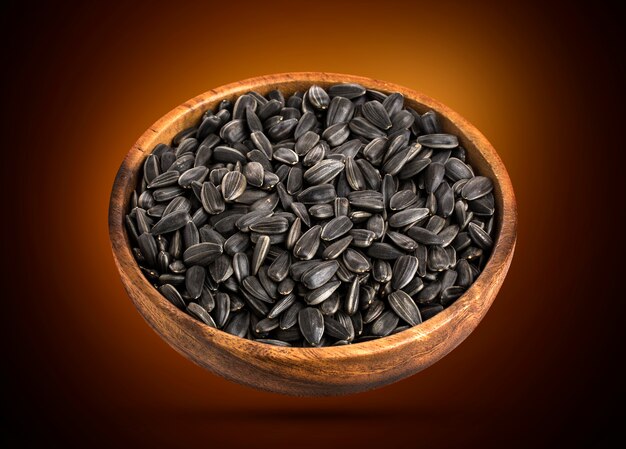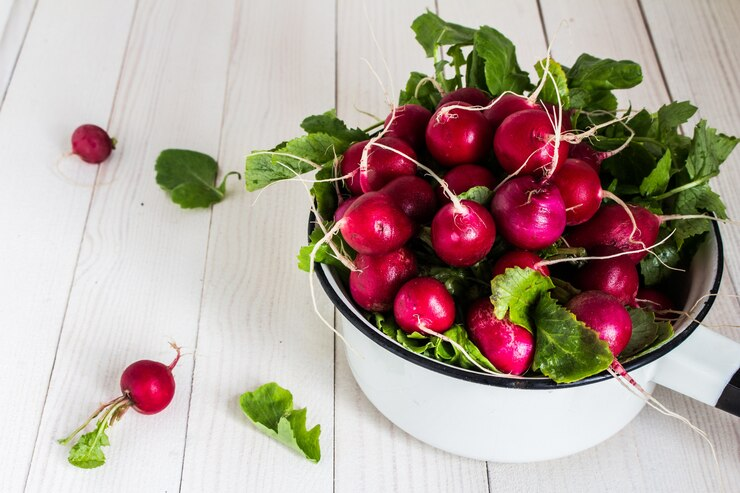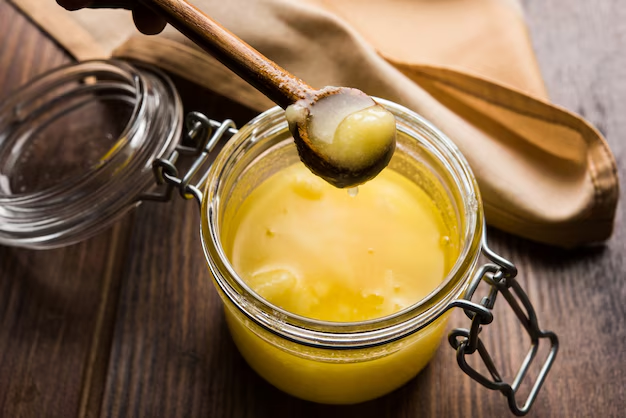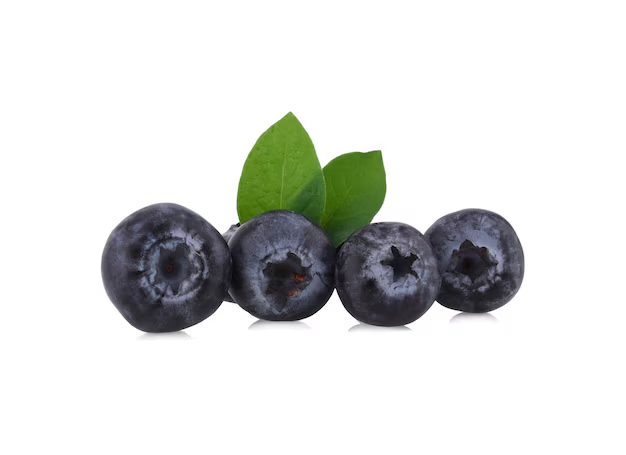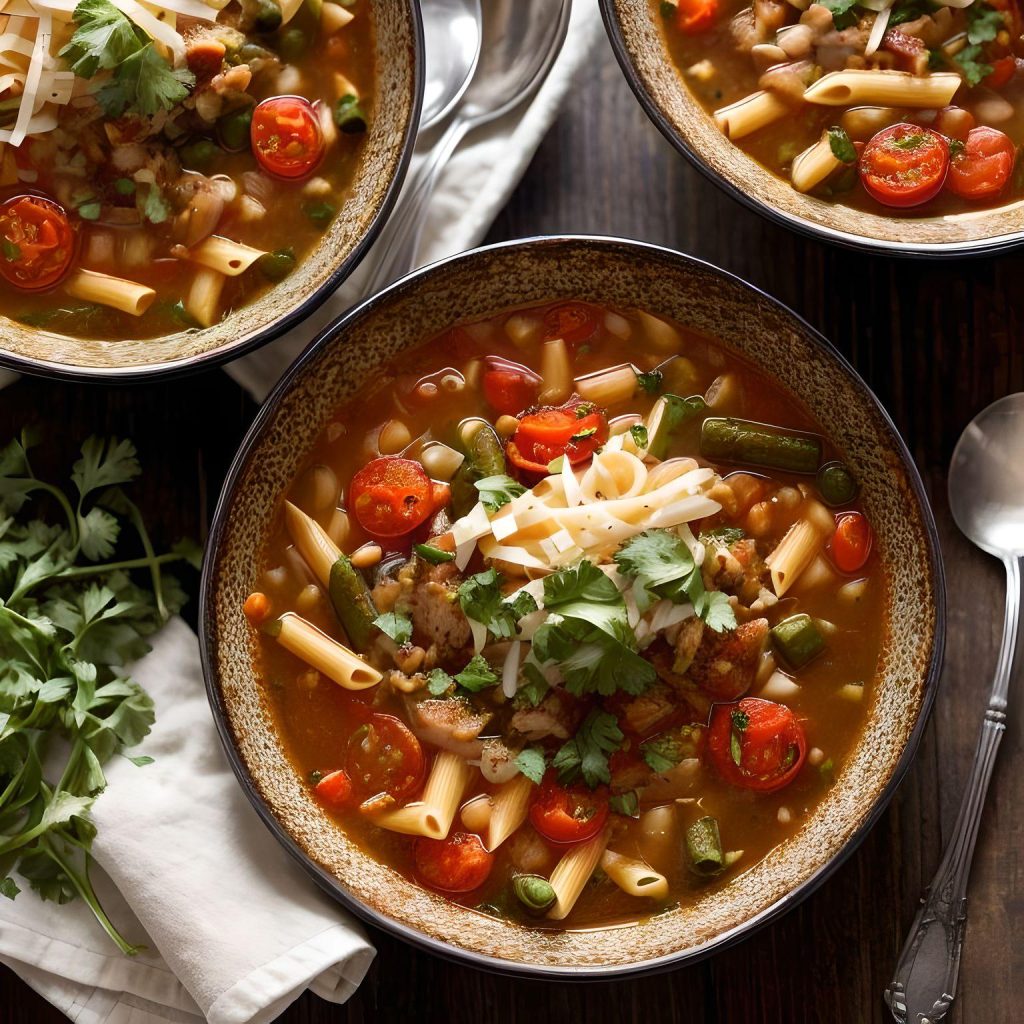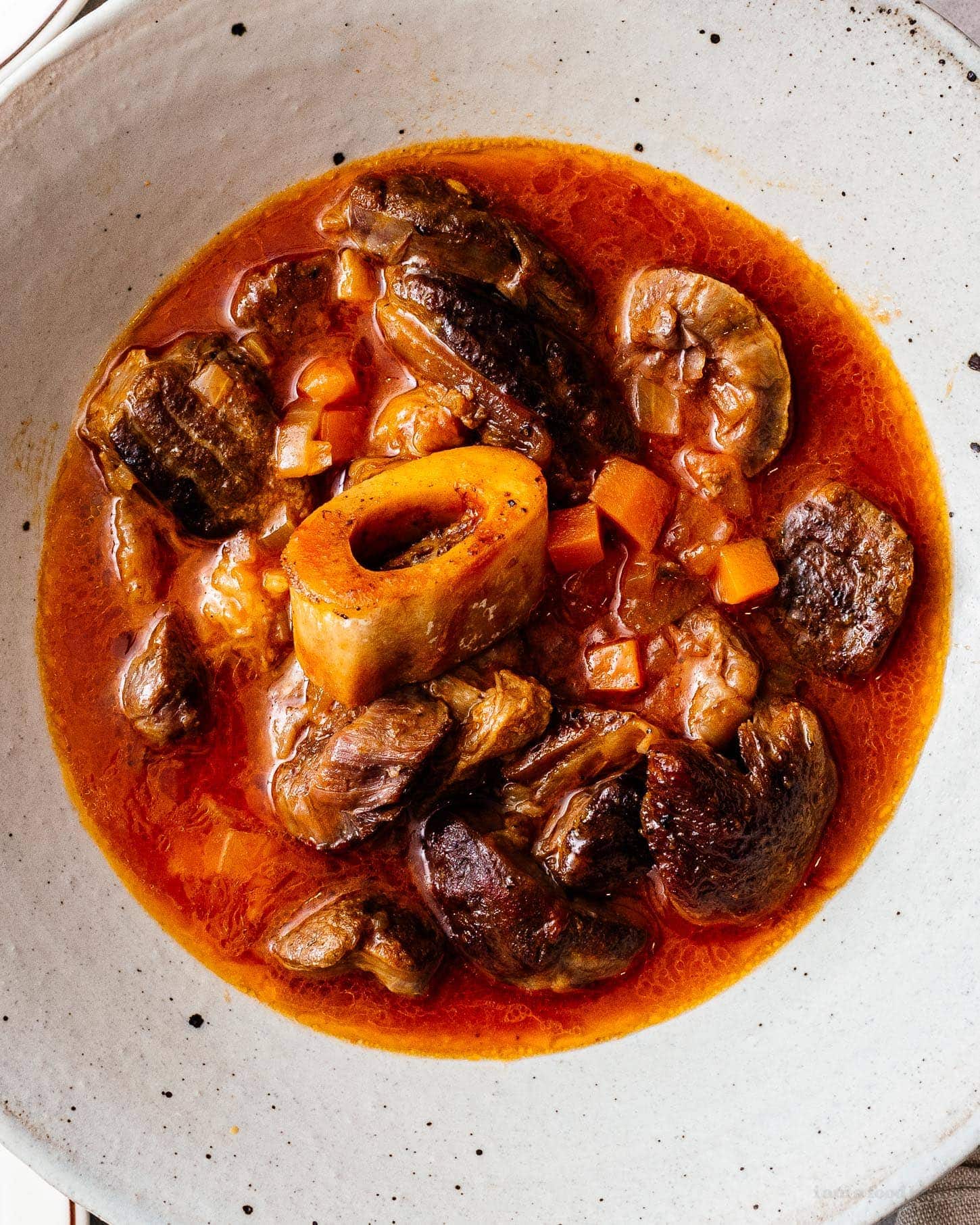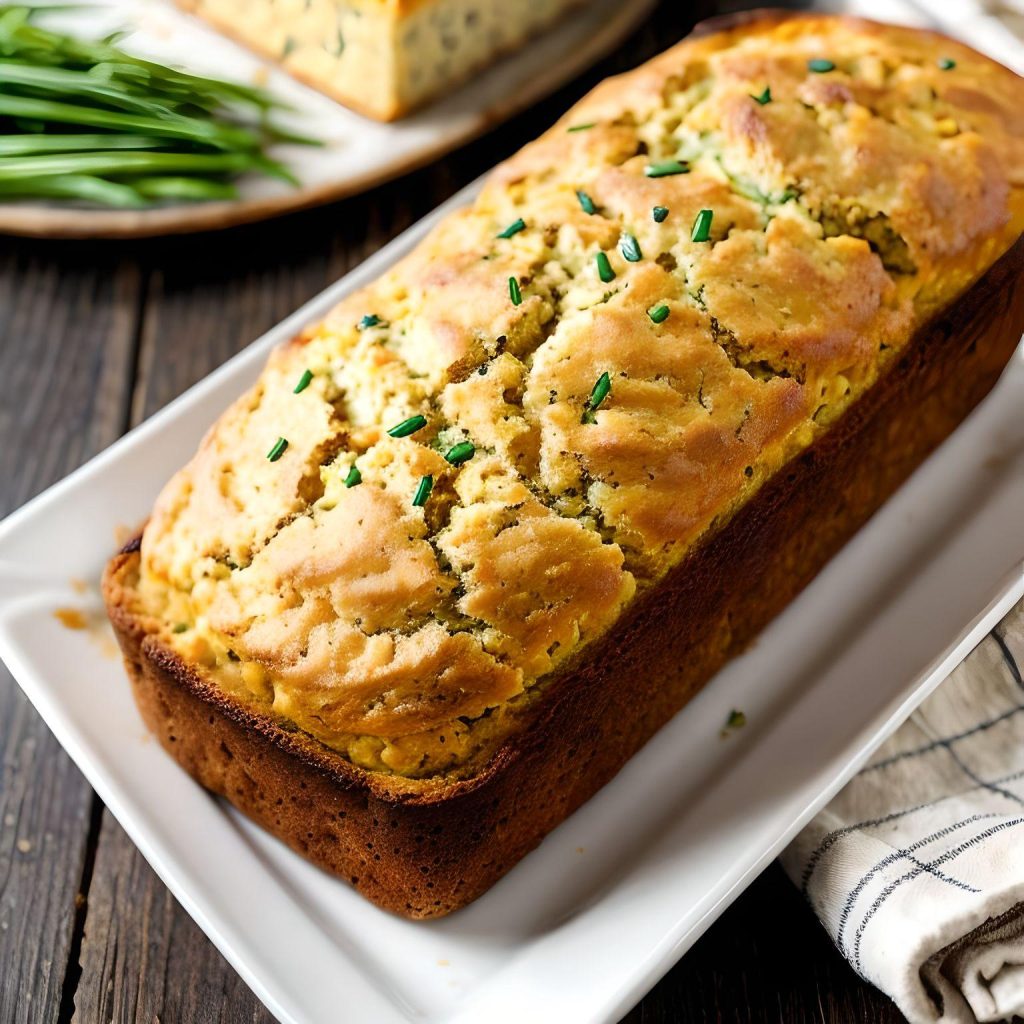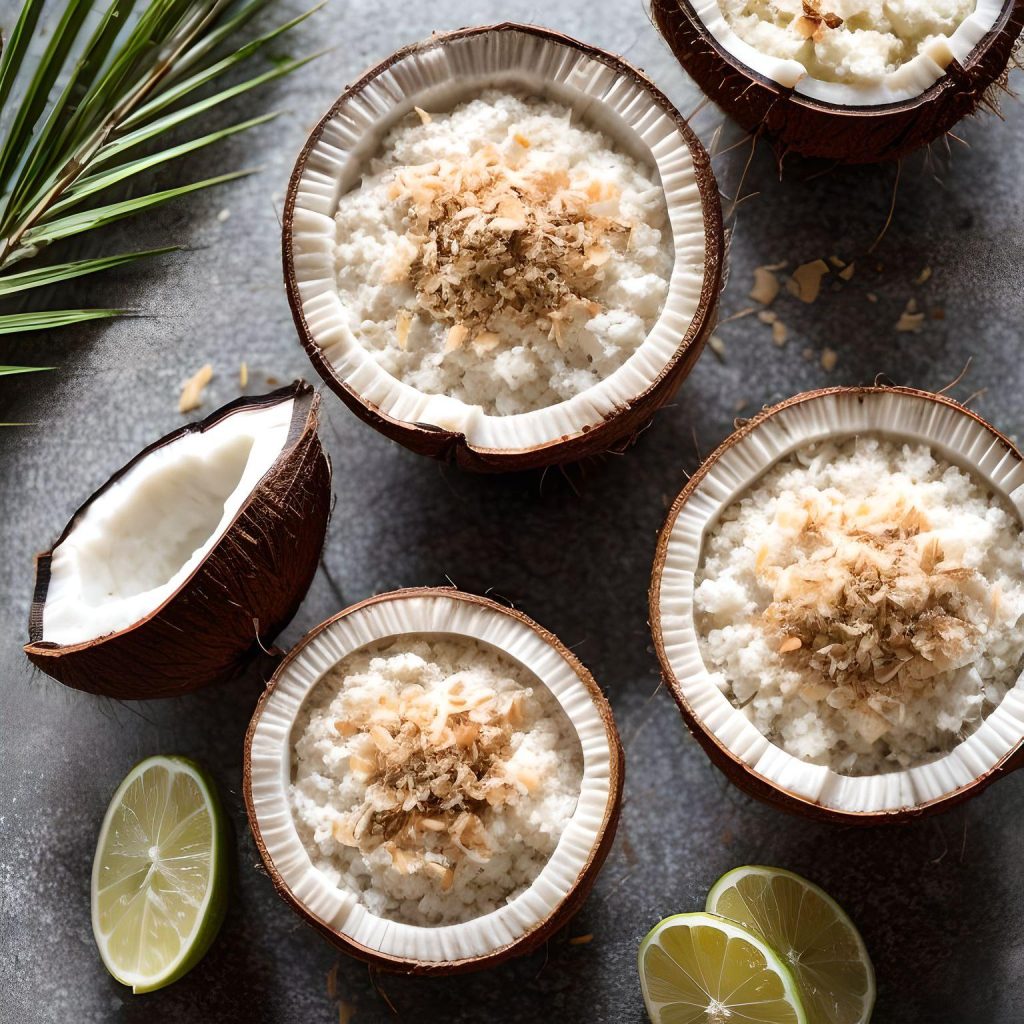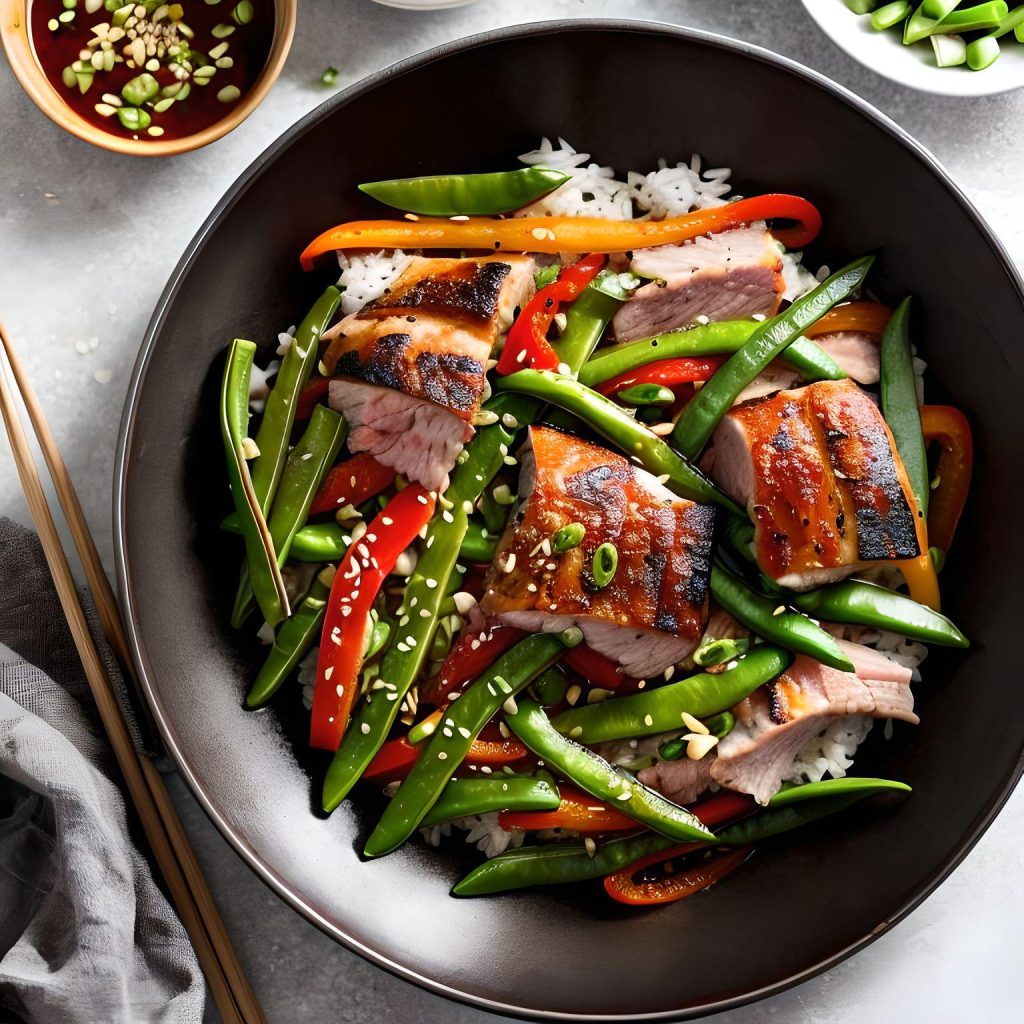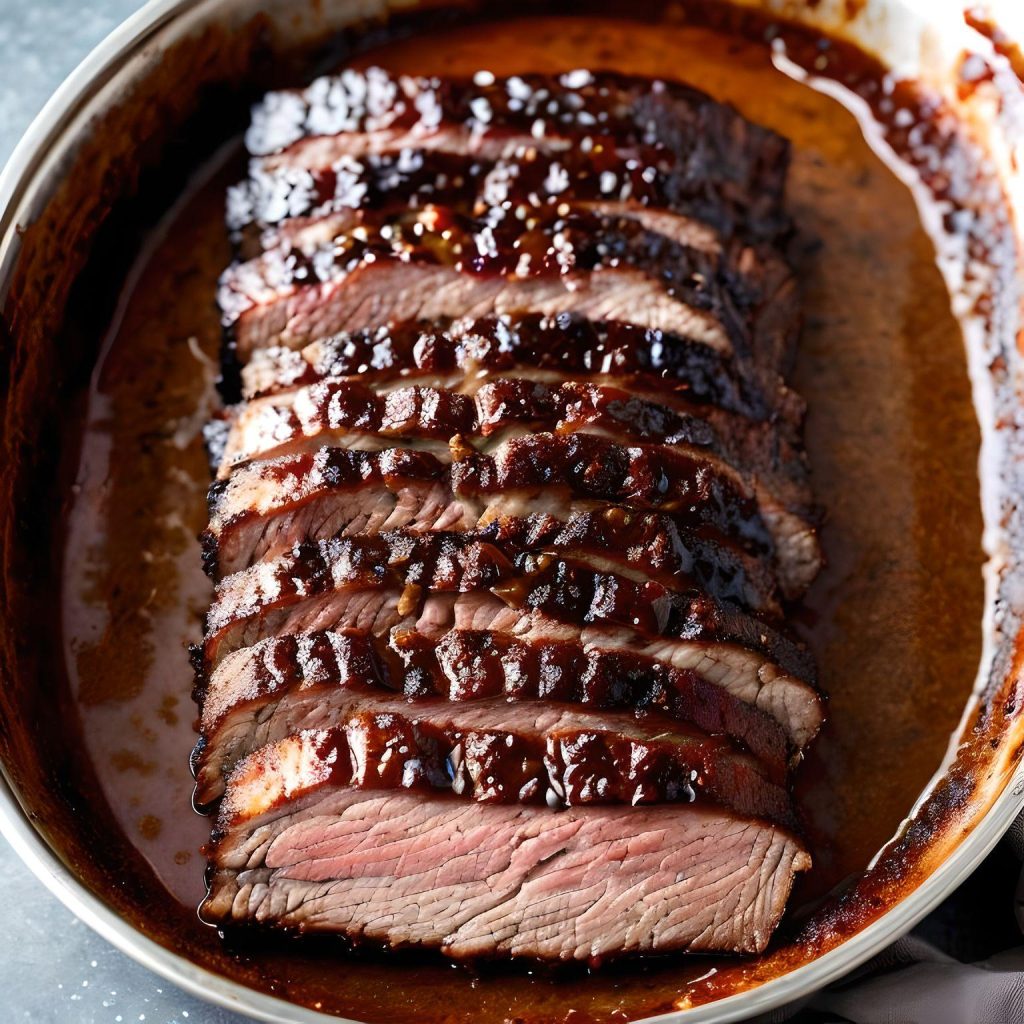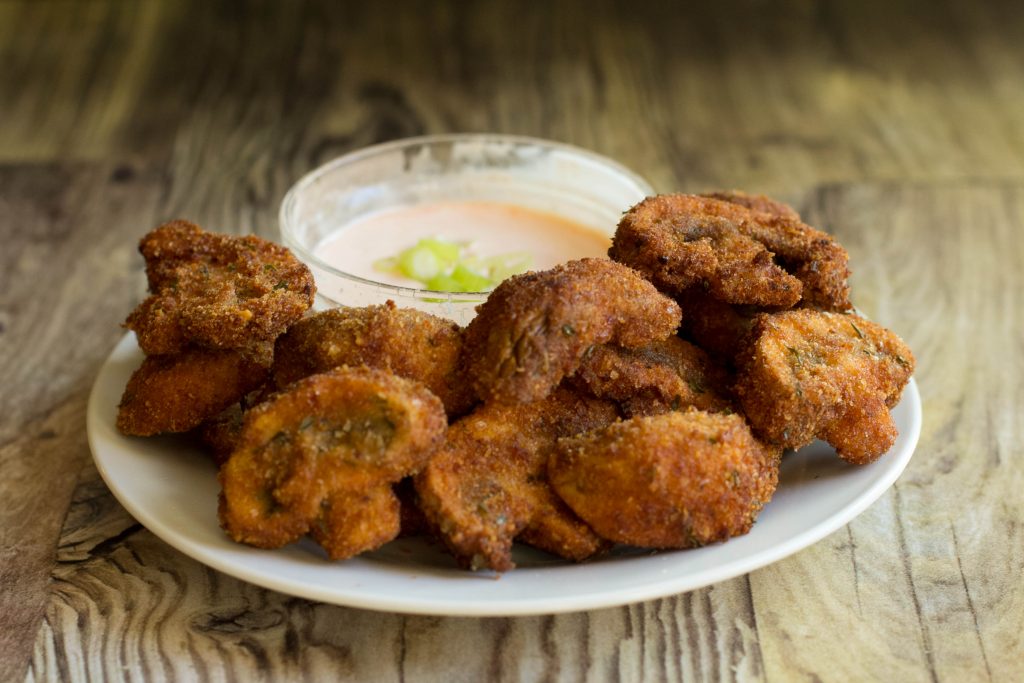Couscous is a flexible and well-liked dish, recognized for its function in Mediterranean, Center Japanese, and North African cuisines. Comprised of semolina wheat, this tiny grain-like pasta is a favourite for its gentle texture and fast preparation. However past its culinary attraction, many marvel: is couscous wholesome?
On this article, we’ll discover the dietary profile and well being advantages of couscous, in addition to potential issues. Understanding its professionals and cons will aid you resolve how couscous matches into your weight loss plan.
What Is Couscous?
Couscous is a staple meals made out of crushed durum wheat rolled into small granules. Historically steamed, it’s now typically bought pre-steamed for comfort.
Totally different Kinds of Couscous
- Moroccan Couscous
The smallest sort, Moroccan couscous cooks shortly and is smooth and fluffy. - Israeli Couscous (Pearl Couscous)
Bigger and chewier, Israeli couscous resembles small pearls and takes longer to cook dinner. - Lebanese Couscous
The most important selection, Lebanese couscous has a hearty texture and requires longer cooking instances.
Every sort provides distinctive textures and cooking properties, making couscous appropriate for a wide range of dishes.
Dietary Profile of Couscous
Couscous is a nutrient-dense meals, offering important macronutrients and micronutrients.
Macronutrient Composition
- Carbohydrates: Couscous is a wealthy supply of advanced carbohydrates, offering power and selling satiety.
- Proteins: Whereas not an entire protein, couscous incorporates about 6 grams per cup, supporting muscle restore and progress.
- Fat: Couscous is of course low in fats, making it a heart-friendly alternative.
Key Nutritional vitamins and Minerals
- Selenium: A standout nutrient in couscous, selenium acts as a strong antioxidant, defending cells from harm.
- Different Vitamins: It additionally incorporates small quantities of iron, magnesium, and B nutritional vitamins, contributing to general well being.
Well being Advantages of Couscous
1. Wealthy in Selenium
Selenium is significant for immune well being, thyroid operate, and decreasing oxidative stress. A single serving of couscous can meet greater than half of your day by day selenium wants. This antioxidant may additionally scale back the danger of power ailments, together with coronary heart illness and sure cancers.
2. Supply of Plant-Primarily based Protein
Couscous provides a modest quantity of protein, making it a beneficial choice for vegetarians and vegans. Pairing it with legumes like chickpeas can improve its protein high quality, making a extra full amino acid profile.
3. Excessive in Fiber
Complete-grain couscous is especially excessive in dietary fiber. Fiber aids digestion, prevents constipation, and helps preserve a wholesome intestine microbiome. It additionally retains you feeling full longer, which may curb overeating.
4. Helps Immune Perform
The mixture of selenium and different minerals in couscous helps bolster the immune system. Selenium, specifically, performs a job in decreasing irritation and enhancing the physique’s potential to combat infections.
5. Potential Function in Weight Administration
Couscous is low in fats and energy, making it a wise alternative for weight-conscious people. When mixed with greens and lean proteins, couscous creates a balanced, satisfying meal that may assist in weight management.
Potential Well being Issues
1. Gluten Content material
Couscous is made out of wheat and isn’t appropriate for people with gluten intolerance or celiac illness. For these delicate to gluten, consuming couscous could cause digestive points, together with bloating, ache, and malabsorption.
2. Glycemic Index Issues
Couscous has a average glycemic index, which can trigger spikes in blood sugar ranges. This makes it much less appropriate for people with diabetes or these monitoring their blood sugar. Choosing whole-grain couscous might help mitigate this impact by offering extra fiber.
Couscous vs. Different Grains
Couscous typically competes with different grains like quinoa and rice when it comes to recognition and dietary worth. Let’s look at how couscous compares to those alternate options, serving to you make knowledgeable dietary selections.
Couscous vs. Quinoa
Each couscous and quinoa are versatile and straightforward to organize. Nonetheless, their dietary profiles differ considerably.
- Protein Content material: Quinoa is an entire protein, which means it incorporates all 9 important amino acids. Couscous, whereas decrease in protein, is an efficient supply of plant-based protein when mixed with different meals like legumes.
- Gluten-Free vs. Gluten-Containing: Quinoa is of course gluten-free, making it a protected alternative for these with gluten sensitivities. Couscous, being made out of wheat, is unsuitable for gluten-intolerant people.
- Nutritional vitamins and Minerals: Quinoa is larger in vitamins like magnesium and iron. Couscous stands out with its selenium content material, a key antioxidant.
- Glycemic Index (GI): Quinoa has a decrease GI in comparison with couscous, making it a better option for managing blood sugar ranges.
Verdict: Select quinoa for those who prioritize full protein, gluten-free choices, or decrease glycemic meals. Couscous is a superb alternative for a fast, nutrient-rich dish.
Associated to Learn: Is Quinoa Good for Weight Loss? Unraveling the Dietary Advantages
Couscous vs. Rice
Rice and couscous are pantry staples with distinctive advantages and disadvantages.
- Energy and Carbs: Couscous and white rice have related calorie and carb counts. Nonetheless, whole-grain rice and couscous provide extra fiber, aiding digestion and satiety.
- Micronutrients: Couscous incorporates extra selenium, whereas rice, notably brown rice, gives larger ranges of magnesium and B nutritional vitamins.
- Texture and Versatility: Rice, particularly sticky or basmati rice, fits sure dishes like sushi or curry higher. Couscous excels in salads and Mediterranean recipes as a consequence of its gentle texture.
Verdict: Go for couscous for fast meals and selenium advantages. Select brown rice for those who choose larger fiber and magnesium.
Associated to Learn: Is Couscous Gluten Free? A Full Information
How one can Incorporate Couscous right into a Wholesome Eating regimen
Couscous is extremely versatile, making it simple to incorporate in your weight loss plan. Listed here are some suggestions and concepts to maximise its well being advantages.
Suggestions for Preparation and Cooking Strategies
- Use low-sodium broth as a substitute of water for added taste and vitamins.
- Add herbs and spices like turmeric, parsley, or cumin to boost the style.
- Keep away from overcooking to keep up its gentle, fluffy texture.
Solutions for Pairing Couscous
- Greens: Mix couscous with roasted greens comparable to zucchini, bell peppers, and cherry tomatoes.
- Lean Proteins: Pair it with grilled rooster, salmon, or chickpeas for a protein-rich meal.
- Wholesome Fat: Add a drizzle of olive oil or a handful of nuts like almonds for wholesome fat and a crunch.
Recipe Concepts for Balanced Meals That includes Couscous
- Mediterranean Couscous Salad
Combine cooked couscous with cucumbers, tomatoes, feta cheese, and a lemon-olive oil dressing. - Couscous and Chickpea Bowl
Layer couscous with spiced chickpeas, spinach, and a dollop of yogurt sauce for a filling meal. - Stuffed Bell Peppers
Fill bell peppers with couscous, black beans, and diced greens, then bake till tender.
Conclusion
Couscous is a nutritious, versatile ingredient that gives many well being advantages. Its wealthy selenium content material, plant-based protein, and fiber make it a beneficial addition to a balanced weight loss plan. Nonetheless, people with gluten intolerance or blood sugar issues ought to contemplate alternate options like quinoa or brown rice.
By pairing couscous with greens, lean proteins, and wholesome fat, you possibly can create satisfying meals that assist general well being. Whether or not in a salad, bowl, or facet dish, couscous is a fast, flavorful choice for any meal plan.
Steadily Requested Questions (FAQs)
1. Is couscous appropriate for a gluten-free weight loss plan?
No, couscous is made out of wheat and incorporates gluten. Gluten-free alternate options embody quinoa and rice.
2. How does couscous evaluate to different grains when it comes to well being advantages?
Couscous is excessive in selenium and low in fats, whereas quinoa provides full protein and rice gives extra fiber in its whole-grain kind.
3. Can couscous be a part of a weight reduction weight loss plan?
Sure, couscous is low in energy and fats. Pair it with nutrient-dense meals for a satisfying, balanced meal.
4. What’s the healthiest option to cook dinner couscous?
Cooking couscous in low-sodium broth with added greens and spices ensures taste and vitamin.
5. Is couscous good for digestion?
Complete-grain couscous is excessive in fiber, which promotes wholesome digestion and prevents constipation.



